Tuesday, 21 December 2010
Who’s dreaming of a White Christmas?
Christmas is coming. The days are getting shorter, the afternoons darker, the wind colder, and sooner than usual, the streets whiter. However, down here, 26 degrees South of the equator, it is 26 degrees plus - and none of the above applies. Our days are long, sunny and hot. And getting longer, sunnier and hotter. Because, of course, in South Africa Christmas is not mid-winter but mid-summer.
My parents have just arrived to join me for the great shutdown in South Africa when Summer holidays and Christmas holidays coincide to give everyone an excuse to shut up shop and head for the mountains or the beaches. I tried to set up a meeting with someone recently and he suggested the 23rd March because ‘nothing much happens around here until then’!
My break will not be quite as long as that, but I will have a few weeks to unwind, travel with my parents, and eat and drink well: though more likely braii-ed prawns, ice cream and chilled beer than stuffed turkey, mince pies and mulled wine. It is curious, though, how Christmas traditions that make no sense still get retained here. So South African homes find space for pine trees even while gardens are in bloom and we don’t need evergreens to remind us of life; people in carol concerts sing with gusto of frosty wind making moan; and one local shopping mall even set up a big bubble with a snow machine so that people could enjoy the cold.
Quite apart from the weirdness of spending money on snow in Africa, I find it curious that people here replicate a particular norm for Christmas. Tradition, films and Coke adverts have succeeded in convincing us that the European/ American version of the White Christmas is the one we should all be dreaming of.
But in South Africa, ‘white’ is a reference to more than just snow, even if it is deep and crisp and even. ‘White’ is a word that conjures up feelings that are still deep and crisp and speak of great un-even-ness. 16 years after the arrival of democracy, there may be a substantial middle-class of prosperous, educated, professional men and women with black skin. But it is still the case that the darker you are the less likely you will be wealthy, or have a job, or have access to decent health or good education, or own a car, or live a full number of years.
We are, in fact, officially the most unequal country in the world. And such a high degree of inequality can continue because the haves and the have-nots rarely encounter each other in any meaningful way. While that happens in any class-ridden society, it is more noticeable here, than in say India or the UK, because the bar that separates those groups is still largely a colour bar.
Thus, although legal barriers have come down, the economic and social ones are still there. We can all use the same buses – except you never see white people on a bus. We can all shop in the same malls – but Sandton City is 90% white (apart from the shop assistants) and Maponya Mall in Soweto (with all the same shops as Sandton) is 100% black. And the places where I go drinking and dancing are open to everyone: but strangely I am often in bars where everyone is white except me, or in clubs where everyone is black except me. (And the same is true of the churches.) We may be a rainbow nation but the colours of the rainbow still stay in their stripes.
I was recently away in an outward bound type camp in the Magaliesburg, a few hours north of Jo’burg. I was with a group of 60 older teens as part of a programme that I am doing with them and a prestigious local business school; and there was another group of teenagers also there. (There was also a group of young professional rugby players but that will have to be written up elsewhere!) Our group were young people leaving school and trying to work out what to do next; the other group were head boys and head girls from state schools in the area. What was curious was that in my group all of the young people were black and in the other group they all were white. Because even if they were state schools the second group were from Afrikaans-speaking schools and so, de facto if not de jure, were racially segregated. So we could all be in the same place, and enjoy the same facilities, but our 2 groups were still 2 distinct groups and not 1: a reminder of where South Africa is today.
As I said, my young people had all just left school but without plans for further study or jobs or apprenticeships. They were just on the point of drifting – the business school is determined to make sure that they do not drift. We have been taking them through a mixture of boot camp, mini-MBA and finishing school: after climbing obstacle courses in the mountains they spent 2 weeks working through the much harder obstacles of writing CVs, practising interviews, making presentations, and working in syndicates. Away on the weekend they were big children; by the end they were young adults. They have even been physically transformed – turning up in their smartest clothes and getting up at 5.30am in some cases to make sure they are at BizSchool on time.
One of their tasks was, in the manner of ‘The Apprentice’, to work in teams to create and then sell a product at a local market. I was one of the judges who sat and critiqued their mini business plans and marketing strategies before deciding whether they would get a $70 loan. I suspect my performance was less Donald Trump or Sir’Alan and more Graham Norton or Bruno Tonioli but then our intention was to ‘nurture’ and not ‘torture’. Eventually all the groups got their loans (after some major overhauling of their financial plans) and last Saturday they did their best to sell their bath salts, boerewors rolls, hand-woven bookmarks, green Christmas decorations and doggy treat bags. Few of them made any money but they all had a good taste for enterprise – both sweet and bitter.
Part of my role in the programme was to give them a taste of silent self-reflection: we do not only want them to learn how to do well in life but also how to do life well. So we ended each day with a version of the ‘examen’, the Ignatian prayer which gives us a chance to replay the video of the day, this time more slowly, and pause over the parts that merit gratitude or resolve to change. We aim to equip them to cope better with disappointment when it happens and also to deal better with success if it happens.
If their dreams this year are for a white Christmas it is probably less out of desire for snow and more a hope that they might access the lifestyles that they see their paler fellow-citizens enjoy. I hope that they are learning that only hard work and a willingness to collaborate will get them there. And I hope that the Afrikaans teenagers learn the same. And if they could all learn that at the same time and in the same place, we might be able to dream not of a white or a black or a brown Christmas but of a Christmas worthy of the name of Christ.
Subscribe to:
Post Comments (Atom)


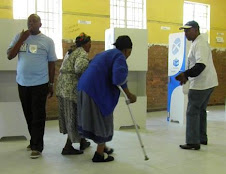











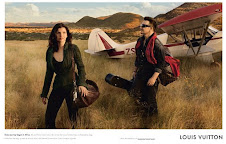














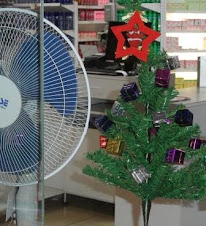


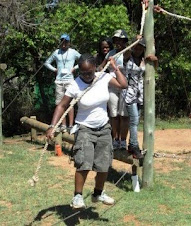
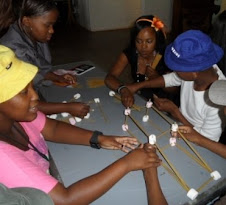














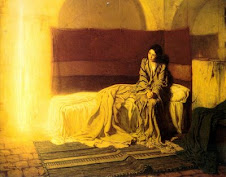













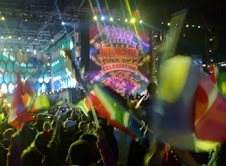






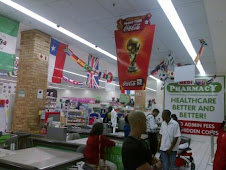






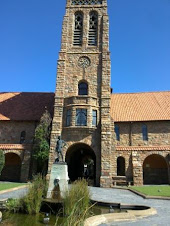











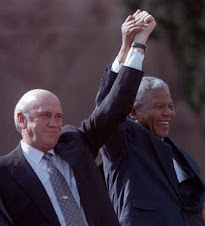.jpg)


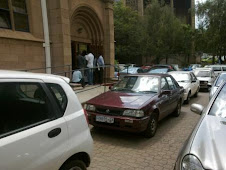





No comments:
Post a Comment
Note: only a member of this blog may post a comment.